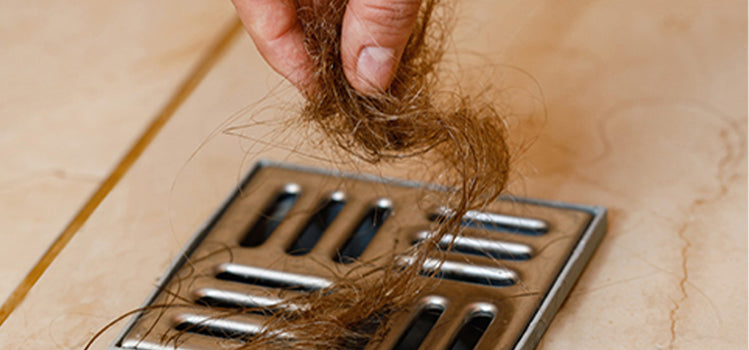Reasons why hot water showers are bad for your body
Water is undeniably vital for sustaining life on Earth. It plays a crucial role in maintaining the body's equilibrium, with its quality and condition profoundly influencing various bodily functions, from skin health to the well-being of internal organs. While hot water showers offer several benefits, it's imperative to recognize their potential adverse effects on human health.
The heat from hot water can trigger skin reactions, such as redness and irritation, particularly in individuals with sensitive skin. Prolonged exposure to hot water may exacerbate skin conditions like acne, rosacea, and spider veins. Seeking insights from Bathroom Specialists at Tapron and Goldabathroom, it's advised to exercise caution with hot water showers due to these potential risks. Here's a deeper exploration of the reasons why.
Dry skin is a common cause
Dry skin often stems from exposure to excessively hot bathwater. This intense heat can lead to dehydration of the skin, resulting in irritation, itching, redness, and rashes, particularly in individuals prone to skin allergies. Moreover, the high temperatures can strip away the skin's natural oils, prompting the skin to overcompensate by producing more oil. This excess oil production can leave the skin looking shiny and increase the likelihood of breakouts. It's essential to maintain a balance in water temperature to avoid these adverse effects on the skin.
Skin wrinkles quicker-
Exposure to hot water can accelerate the formation of wrinkles and contribute to premature aging of the skin. The intense heat from hot water can lead to rapid dehydration of the skin, resulting in flakiness and dryness. Unlike cool water, which helps to maintain the skin's natural moisture barrier, hot water fails to provide this protective layer, leaving the skin vulnerable to damage. Although hot water may remove impurities more quickly, it is not as beneficial for the skin's overall health and appearance. Opting for cooler water temperatures can help slow down the skin's aging process and promote healthier, more youthful-looking skin.
Low scalp health is a result of poor hair care
Dandruff can become a significant issue, exacerbated by the drying effects of hot water. Additionally, the intense heat from hot water can lead to the drying out of scalp tissues, potentially causing irritation and inflammation, resulting in redness and a burning sensation. The heat can also contribute to hair loss by hindering the absorption of essential nutrients and oxygen into the hair follicles. Furthermore, hot water can open up pores on the scalp, weakening the roots of the hair and making them more susceptible to breakage and shedding. Opting for cooler water temperatures during showers can help mitigate these adverse effects on the scalp and hair.
It has been linked to health risks
Using hot water in showers has been associated with various health risks, including the development of skin conditions such as dermatitis and psoriasis, which may require prompt medical intervention. Individuals with digestive issues like gastritis or ulcers are advised against using hot water, as it can exacerbate their symptoms. Moreover, prolonged exposure to hot water can elevate the risk of heart attacks, particularly for those with pre-existing cardiovascular conditions. It is recommended that individuals with heart conditions limit their hot showers to no more than 20 minutes. Severe and moderately severe cases of these health conditions should avoid hot water treatment altogether to prevent further complications.
Problem with digestion
Digestive issues can arise when taking hot showers, especially after meals. The heat from the shower can slow down the digestion process, potentially leading to constipation. Instead of promoting increased blood flow to the digestive tract, hot showers can induce hyperthermic action in the body, which may result in discomfort and disruption of normal bodily functions. It's important to be mindful of the timing of showers, particularly after eating, to avoid any adverse effects on digestion.
Nails are damaged.
Frequent hot showers can have adverse effects on your nails. When exposed to hot water daily, nails absorb moisture and become soft, making them more prone to breakage. Additionally, the natural oils in nails can be depleted, leading to dryness and weakness. As a result, nails may lose their shine and become dull over time. To maintain healthy nails, consider opting for cooler showers to prevent damage and preserve their strength and appearance. Taking cooler showers not only benefits your nails but also contributes to the overall health and vitality of your hair and skin, helping you maintain a youthful appearance.
If you're experiencing issues with your shower drainage, it's important to address them promptly. I recently came across a helpful guide on how to unblock a shower drain. It provides step-by-step instructions that might be useful for maintaining your shower's functionality.



Comments
Post a Comment